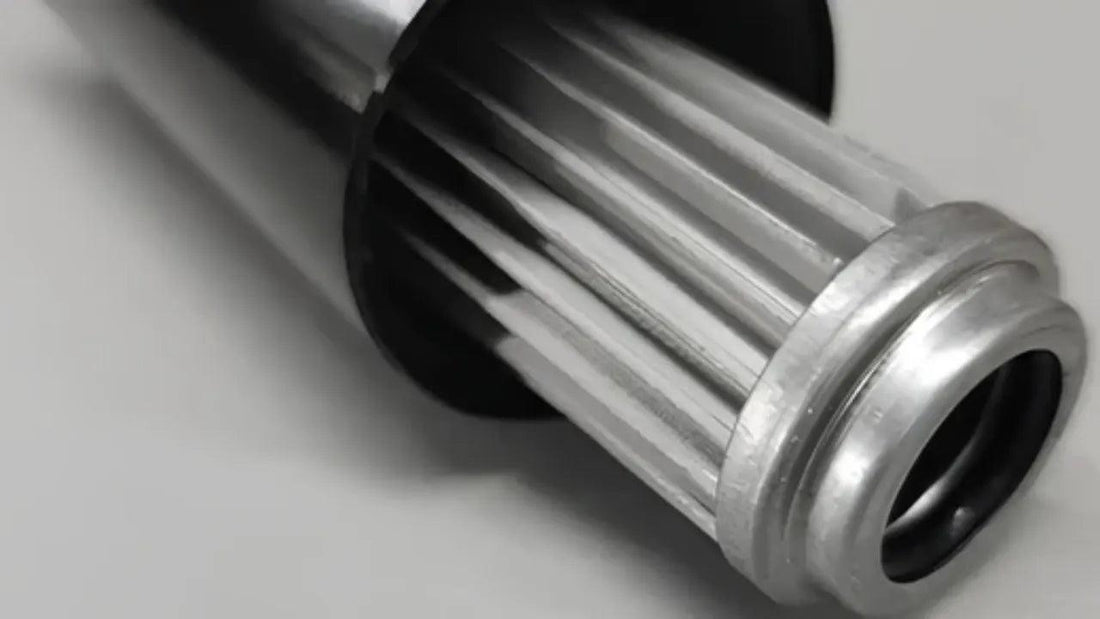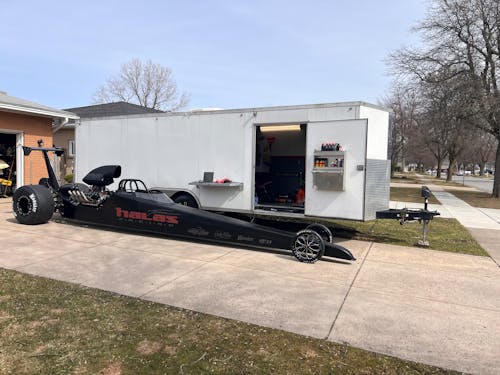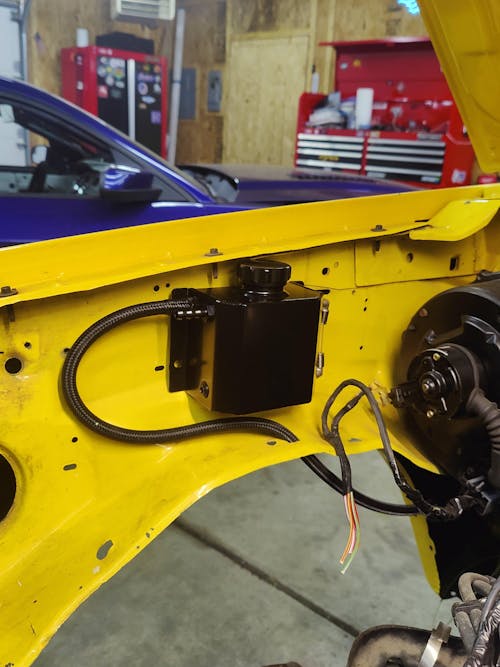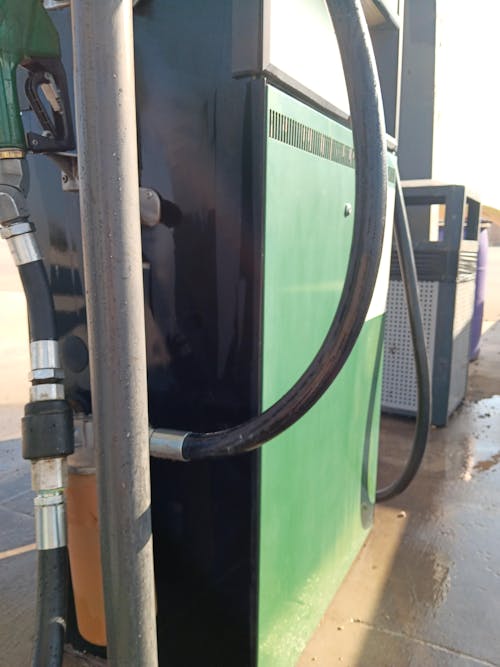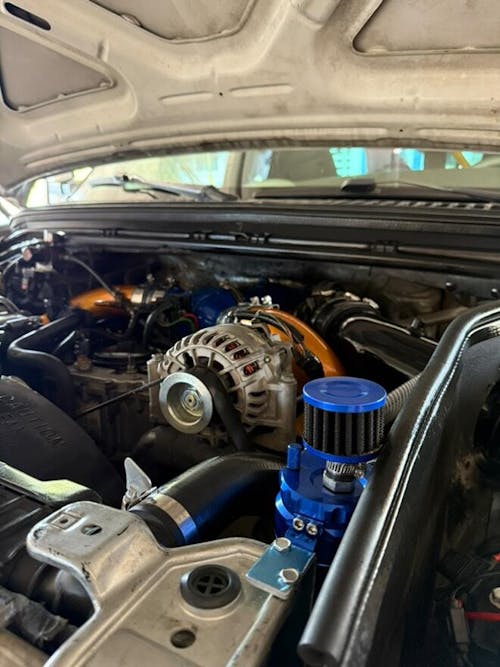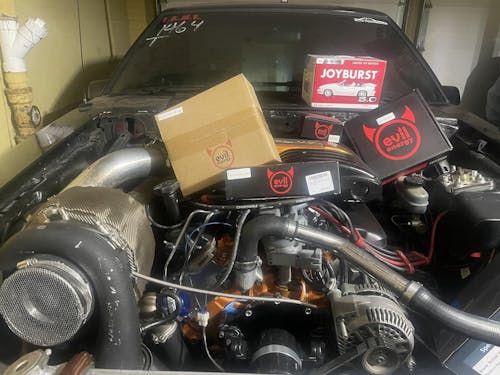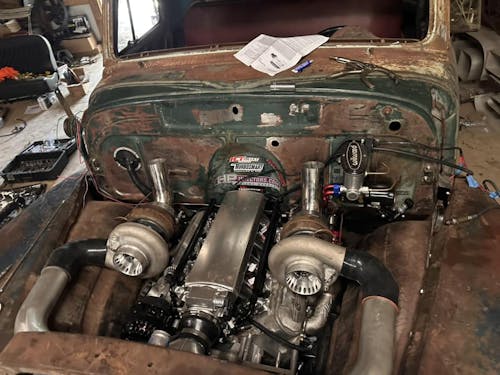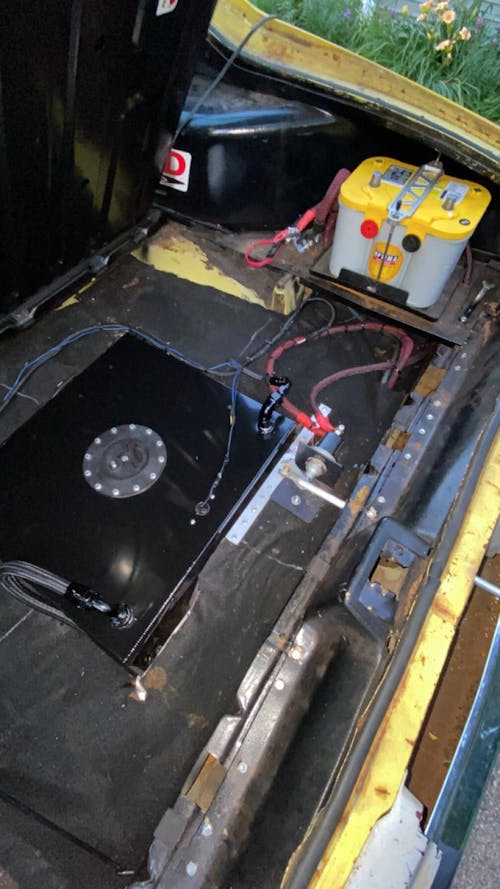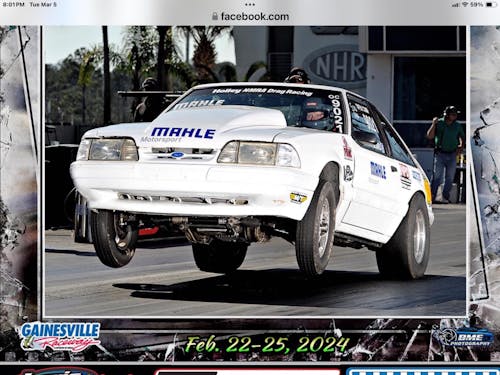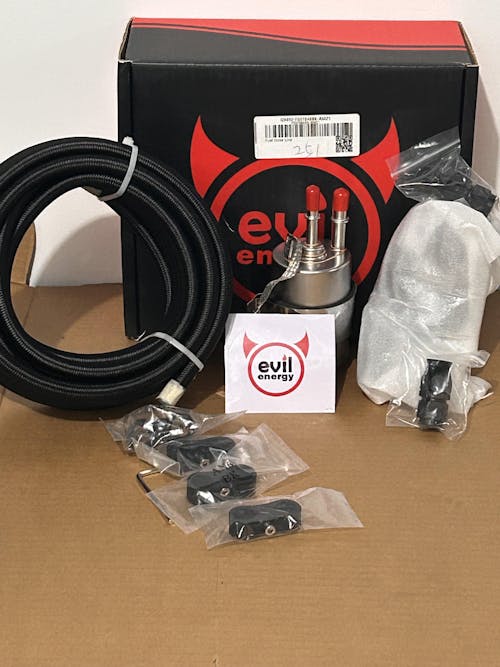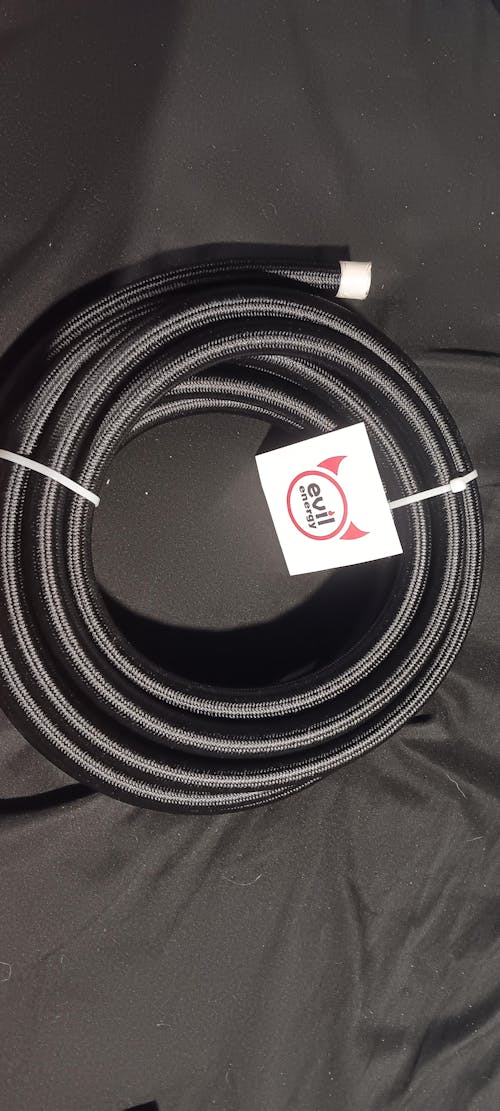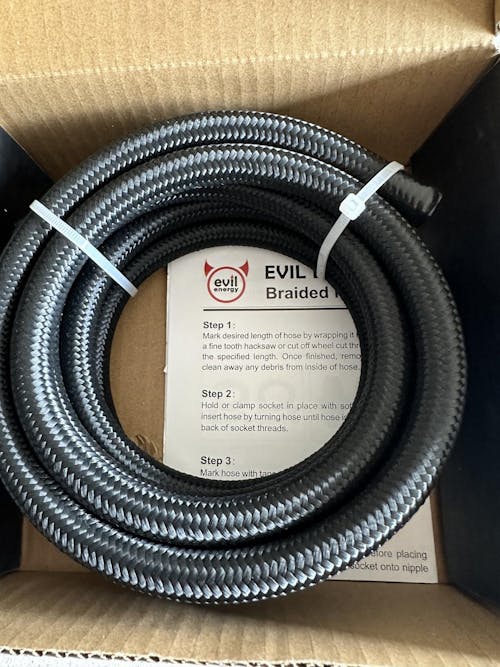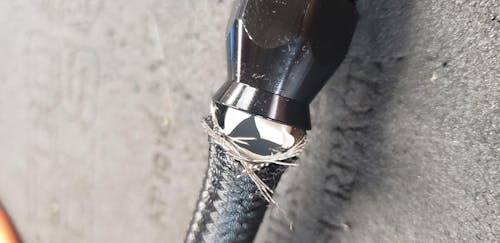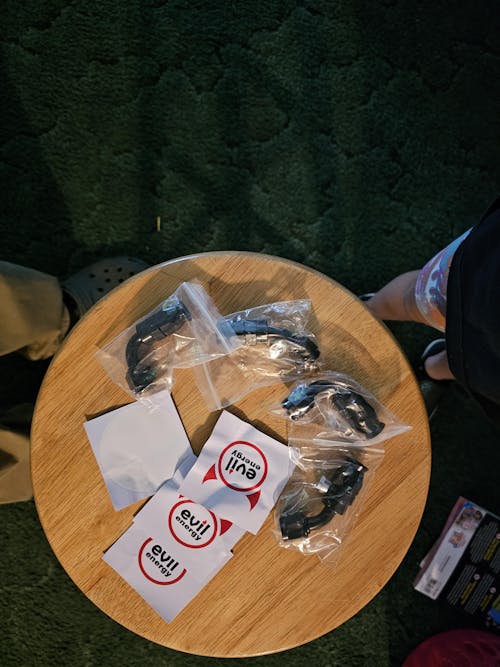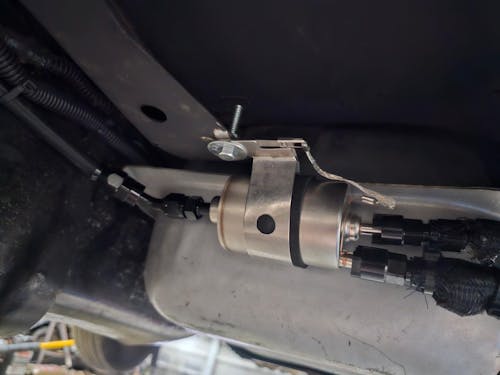Is Your Fuel Filter Failing? Here’s How to Tell
When it comes to keeping your car running smoothly, the little things often make the biggest difference. One such component is the fuel filter, which works tirelessly behind the scenes to ensure that clean fuel reaches your engine. If you've noticed your vehicle struggling with poor acceleration, unexpected stalling, or difficulty starting, it might be time to take a closer look at this often-overlooked part. In this post, we'll highlight the key signs of a failing fuel filter and explain why addressing these issues promptly is vital for your car's health.
In this Guide
- The Importance of a Healthy Fuel Filter
- 9 Key Signs of a Bad Fuel Filter
- 1. Check Engine Light is On
- 2. Difficulty Starting the Engine
- 3. Frequent Stalling
- 4. Poor Engine Performance
- 5. Sluggish Acceleration
- 6. Unusual Noises from the Fuel Pump
- 7. Decreased Fuel Economy
- 8. Engine Misfires
- 9. Strong Fuel Odor
- How Often to Change the Fuel Filter
- Essential Fuel Filter Maintenance Tips
- Keeping Your Fuel Filter in Top Condition
The Importance of a Healthy Fuel Filter
Maintaining a good fuel filter is essential for your vehicle's performance and longevity. This often-overlooked component plays a critical role in ensuring that only clean fuel reaches your engine, which is vital for smooth operation. A clean fuel filter allows for uninterrupted fuel flow, enhancing fuel efficiency and preventing engine strain. When the filter becomes clogged with dirt, rust, and other contaminants, it can lead to reduced engine performance, sluggish acceleration, and even stalling.
Moreover, a functioning fuel filter protects fuel injectors from harmful particles that could cause blockages or malfunctions. By regularly changing the fuel filter, you not only safeguard these crucial components but also help maintain optimal combustion efficiency. This contributes to better fuel economy and can save you money at the pump over time.
Additionally, a clean fuel filter reduces the strain on the fuel pump, extending its lifespan and minimizing the risk of costly repairs. Contaminants in the fuel can also lead to corrosion within the fuel system; a healthy filter acts as a barrier against these harmful substances, promoting overall engine health.

9 Key Signs of a Bad Fuel Filter
1. Check Engine Light is On
One of the first indicators that your fuel filter may be failing is the illumination of the check engine light. This warning can signal various issues, but a clogged fuel filter is a common culprit. If this light appears, it's wise to investigate further, as ignoring it could lead to more significant problems down the road.
2. Difficulty Starting the Engine
If you find yourself cranking the ignition longer than usual, your fuel filter might be to blame. A clogged filter restricts fuel flow, making it harder for your engine to get the necessary fuel-air mixture to start. If this becomes a regular occurrence, it's time to check or replace your fuel filter.
3. Frequent Stalling
Experiencing unexpected stalls while driving can be alarming and dangerous. A failing fuel filter can disrupt the flow of fuel to your engine, leading to sudden stops. If your vehicle stalls frequently, especially during acceleration or while idling, consider inspecting the fuel filter as a potential issue.
4. Poor Engine Performance
Under heavy loads or during acceleration, a clogged fuel filter may cause your engine to hesitate, surge, or sputter. This performance drop can be particularly noticeable when climbing hills or merging onto highways. If you notice these symptoms, it's crucial to address them promptly to avoid further damage.

5. Sluggish Acceleration
If your car feels sluggish when you press the accelerator, it could indicate that the fuel filter is restricting flow. A dirty filter can starve the engine of fuel, leading to decreased power and responsiveness. This symptom often accompanies other performance issues and should not be ignored.
6. Unusual Noises from the Fuel Pump
Listen for strange sounds coming from the fuel pump area; if you hear whining or grinding noises, it could signify that the pump is working harder than usual due to a clogged fuel filter. This added strain can lead to premature pump failure, making it essential to address any unusual sounds quickly.
7. Decreased Fuel Economy
A blocked fuel filter can lead to decreased fuel efficiency. When the engine struggles to get enough fuel, it may consume more gas than necessary in an attempt to maintain performance. If you notice an uptick in your fuel consumption without any changes in driving habits, check the condition of your fuel filter.
8. Engine Misfires
A dirty or clogged fuel filter can lead to engine misfires, especially under heavy acceleration or load conditions. This occurs when there isn't enough fuel reaching the engine cylinders for optimal combustion. If you experience misfires regularly, consider evaluating your fuel system.
9. Strong Fuel Odor
If you detect a strong smell of gasoline around your vehicle, it could indicate a problem with your fuel system, including a clogged or damaged filter. While this may not always point directly to the filter itself, it's a sign that something is amiss and requires immediate attention.
How Often to Change the Fuel Filter
Although you may not notice any signs of a failing fuel filter, regular replacement is essential for maintaining your vehicle's performance. A good rule of thumb is to change your fuel filter every 30,000 to 100,000 miles or every two to three years. If you frequently drive in harsh conditions-such as unpaved roads or heavy traffic-consider changing it every 15,000 miles for optimal performance. Diesel engines typically require more frequent changes, often recommended every 10,000 to 20,000 miles due to higher contaminant levels in diesel fuel. Always consult your owner's manual for the exact recommendation tailored to your specific model.

Essential Fuel Filter Maintenance Tips
Now that we've discussed how often to change your fuel filter and its importance, it's clear that proper maintenance can significantly reduce the frequency of replacements. Here are some essential tips to keep your fuel filter in top shape:
- Follow a Regular Replacement Schedule: Adhere to the recommended replacement intervals from your vehicle's manual to prevent clogs.
- Use Quality Fuel: Choose high-quality fuel from reputable stations to minimize contaminants that can clog your filter.
- Keep Your Fuel Tank Full: Maintain at least a quarter tank to prevent sediment from being drawn into the fuel system.
- Inspect Fuel Lines Regularly: Check for wear or leaks in your fuel lines to avoid introducing contaminants.
- Be Mindful of Driving Conditions: If you often drive in harsh environments, consider checking and replacing your filter more frequently.
- Pay Attention to Performance Changes: Watch for signs like sluggish acceleration or stalling, which may indicate a clogged filter.
Keeping Your Fuel Filter in Top Condition
To wrap things up, maintaining a healthy fuel filter is essential for your vehicle's overall performance. By recognizing the signs of a clogged or failing filter, and staying on top of maintenance, you can avoid costly repairs and ensure that your engine runs smoothly. If you notice any of the symptoms mentioned in this post, don't hesitate to inspect or replace your fuel filter. It's a small part that plays a big role in keeping your car at its best.


![EVIL ENERGY 4/6/8/10AN PTFE Fuel Line Kit | E85 Nylon Braided Hose | 16/20FT Black Black with Comprehensive Fittings [20FT]](http://www.ievilenergy.com/cdn/shop/files/Test-2025-Evilenergy-125598065_165x.png?v=1742144807)
![ptfe hose fitting kit [16FT]](http://www.ievilenergy.com/cdn/shop/files/Test-2025-Evilenergy-125598171_165x.png?v=1742144807)
![CPE Fuel Line[25FT]](http://www.ievilenergy.com/cdn/shop/files/25FTCPE_FuelLine_165x.png?v=1735220649)
![CPE Fuel Line[20FT]](http://www.ievilenergy.com/cdn/shop/files/20FTCPE_FuelLine_165x.png?v=1735220649)
